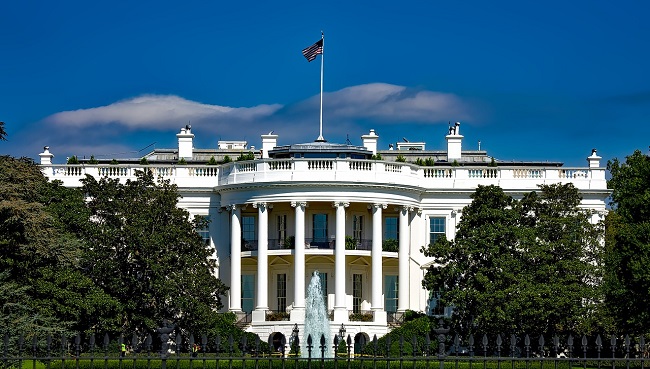
Republished courtesy of the National Post
by Tom Bradley
As a young analyst, it took me a few years to realize that the front section of the newspaper had virtually no impact on what was happening in the stock market. Sure, elections, government policy changes and strikes can move prices for a day or two, but they rarely have a lasting effect.
Stocks are driven by the companies’ long-term profit outlook, which is more influenced by global factors than local. There’s a perception that business-friendly political parties translate into higher stock prices, but there’s little evidence of this. So, while we obsess about what’s happening in Queen’s Park, Ottawa and Washington, companies are expanding in other parts of the world where economies are growing rapidly.
That’s not to say that stocks aren’t impacted in the short term by news. Nor is it the case that there haven’t been policies or events that have profoundly changed the prospects for a company or industry (the National Energy Program comes to mind). But when it comes to politics and investing, I live by something Charlie Munger said: “Heavy ideology is one of the most extreme distorters of human cognition.”
It’s different this time
The ‘different’ phrase is often used to explain anomalies in the market, and rarely proves true. Nonetheless, it’s fair to raise it here. Brexit, Trump’s tax policies and trade tactics, and our politics around pipelines have affected some stocks profoundly. Lower tax rates instantly made U.S.-based corporations more profitable, while trade turbulence could break established supply chains and change the competitive landscape.
So yes, macro issues are having a bigger than usual effect on markets.
In the case of trade, the biggest impact is the uncertainty it creates. The potential for disruption has central bankers and governments scurrying to get ahead of possible negative outcomes. The banks are keeping interest rates near zero and governments continue to spend beyond their means.
Indeed, the concern I have with today’s macro mayhem is that it’s fuelling a fire that is already burning out of control. Brexit and other trade issues are contributing to our focus on the income statement, with seeming disregard for the balance sheet.
Let me explain.
Living for today
A well-managed household, company or country finds a balance between revenue and expenses (income statement), and assets and liabilities (balance sheet). Both need to be under control, but sometimes one requires more attention than the other.
For instance, after making a large purchase or investment (buying a house, making a business acquisition or weathering a recession), prudence dictates that the focus shift to the balance sheet. Finances are stretched after these outlays. There’s less room to make additional purchases and less cushion to deal with setbacks. Balance needs to be restored.
Unfortunately, ultra-low interest rates and continued borrowing are seemingly the solution to every problem or slowdown these days. We’re running up our credit cards and line of credit to maintain a lifestyle that isn’t supported by economic productivity and growth in the working population. We’re forgetting about our balance sheets even though we’re still in the shadow of the 2008 debt crisis.
Staying power
The ever more bizarre political landscape is worrying many investors, but the risk that has the most potential to alter the path of portfolios isn’t the lead story on the national news. Non-stop monetary and fiscal stimulus (income statement) has left us with a severely strained balance sheet and no tools to fix it.
Debt per unit of economic activity (GDP) is steadily rising, at the same time as capital markets are defying the rules of finance. I’m referring to the global anomaly of bond investors paying for the privilege of lending money (negative yields), and stock investors buying companies that have only a distant prospect of earning a profit.
Today, we’re being encouraged to take risk and keep up with the Joneses, but it’s our balance sheets that need the attention at this late stage of the economic and market cycle. When households, companies and governments are playing close to the edge, staying power is paramount.
As an investor, that means not letting your asset mix drift towards higher risk (than your plan calls for), owning some government bonds that will provide a return in a recession and not pursuing any strategy that’s predicated on the next five years being as stimulated as the last five.
We're not a bank.
Which means we don't have to communicate like one (phew!). Sign up for our blog to get the straight goods on investing.

